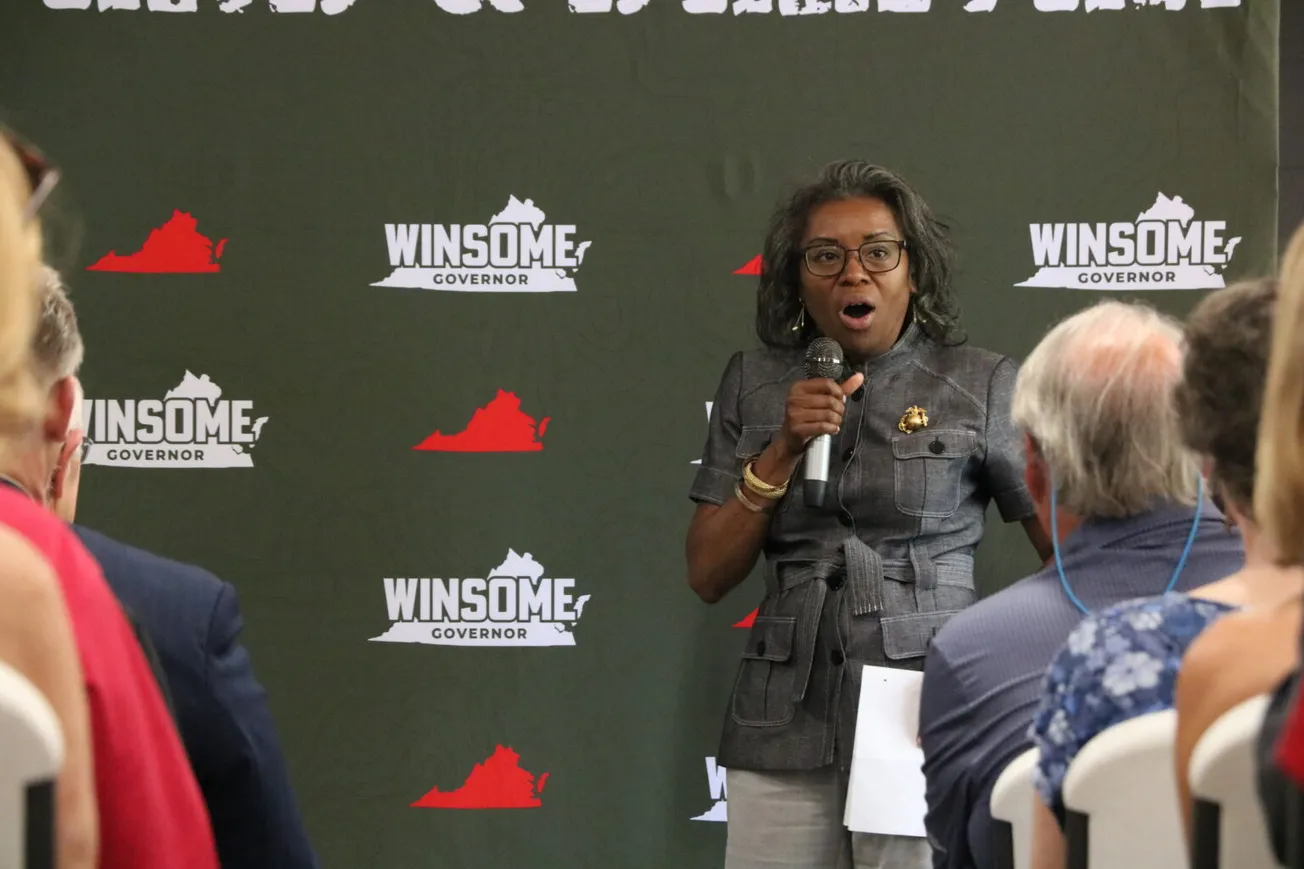On the record: Winsome Earle-Sears
Part one of The Virginia Mercury’s On the Record series examines Republican gubernatorial candidate Winsome Earle-Sears’ positions on some of the state’s most pressing issues

Part one of The Virginia Mercury’s On the Record series examines Republican gubernatorial candidate Winsome Earle-Sears’ positions on some of the state’s most pressing issues
